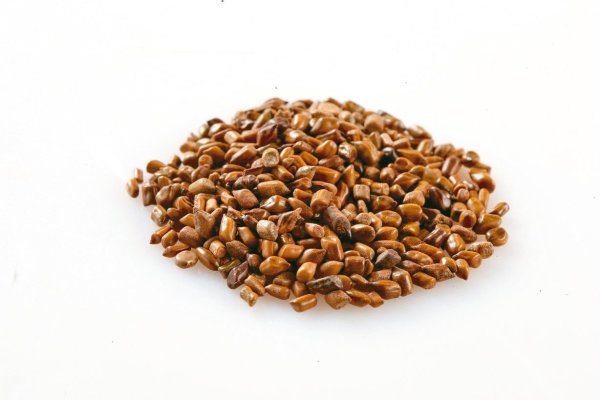Does eating red meat lead to dementia? Can’t eat processed food? Experts bust 5 common myths

Some food-related reports on the Internet have particularly sensational headlines that attract people to click on them. However, these scary claims may not be correct. Prevention reported that it interviewed many experts in different fields and listed five food myths. Some are exaggerated, some are oversimplified, and some are completely wrong.
1. Eating red meat can easily lead to dementiaSome reports claim that eating red meat is directly related to dementia. If it is changed to "processed red meat", this statement will be closer to the truth. A study in February this year sounded the alarm about processed red meat such as hot dogs, salami and bacon. After tracking more than 130,000 subjects for more than 43 years, scientists found that people who eat at least three-four ounces of processed red meat per day, equivalent to half a slice of bacon or a quarter of a hot dog, have a 13% higher risk of developing dementia than people who eat the least amount of red meat. They also have lower cognitive function and faster brain aging.
{The study doesn't explain why, but researchers at Miller Women's and Children's Hospital in Long Beach, California Jasmin Tao, a neuroscientist at Children's and Women's Hospital Dao (transliteration) said that processed meat contains a lot of fat and sodium, which is considered to be related to unhealthy brain, and a diet high in saturated fat is also thought to be related to brain inflammation and poor cognitive function. There is currently no evidence linking burgers and steaks to dementia, but red meat does contain saturated fat, so it’s a good idea to eat it occasionally and choose the leanest cuts. 2. Avoid all processed foodsIt’s not that simple. “Processed” is defined as any food that has been processed in its natural state, including freezing, dicing, and heating. So a package of baby spinach and sugar-free Greek yogurt, as well as canned fruits, vegetables, or fish are also processed foods, and these foods can be part of a healthy diet.
Ultra-processed foods produced industrially and using ingredients not visible in the kitchen are thought to be related to type 2 diabetes, heart disease, and cancer. Focus on foods you want to eat more of, such as fruits and vegetables, 100% whole grains, lean proteins, sugar-free dairy products and legumes, says registered dietitian Jaclyn London. If you're skeptical about packaged foods, ask yourself if you can make the food at home and choose the closest product.
3. Seed oil increases the risk of diseaseDecades of research have confirmed the health benefits of seed oil. The Omega-6 fatty acids contained in seed oil can increase the risk of inflammation if consumed in excess, but research also shows that this fatty acid can help heart health and may reduce the risk of type 2 diabetes and certain cancers. Alison Kane, a registered dietitian at Massachusetts General Hospital, said polyunsaturated fatty acids like Omega-6 play a key role in the structure and function of cell membranes. Just eat a balance of foods rich in Omega-3, such as walnuts and salmon.
Registered nutritionist Scott Keatley said that the phytoestrogens in soybean oil are very small, so they will not affect human hormones. Just avoid heating the seed oil until it smokes, as harmful compounds may be produced.
4. Don’t eat chocolate containing heavy metalsAlthough several studies by Consumer Reports and George Washington University have found that some chocolate products, such as brownie mix, chocolate bars and cocoa powder, contain worrying levels of cadmium or lead, Vasilis Vasiliou, a poison expert at the Yale School of Public Health, said this is because the soil where cocoa beans grow contains cadmium, and lead may have escaped into the beans during harvesting and processing.
Although high concentrations of cadmium have been linked to breast cancer and kidney disease, and lead is known to lower children's IQs, eating a little chocolate every day will not reach dangerous concentrations. Jeffery Tessem, an associate professor of microbiology and molecular biology at Brigham Young University, said that considering the added sugar and fat, consume no more than one ounce of dark chocolate per day.
5. Don’t use bananas to make smoothies.Registered dietitian Karen Ansel said this statement is based on a study with only eight subjects. The sample is too small to prove anything. Moreover, bananas have many health benefits, such as potassium, which helps maintain blood pressure. There is no reason not to add it to smoothies. The study found that eight subjects were unable to absorb flavonoids well when eating bananas mixed with berries and other foods rich in flavonoids into smoothies. If future large-scale studies can confirm this finding, all they need to do is eat more fruits containing flavonoids.




